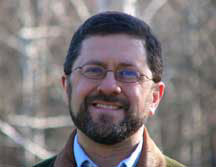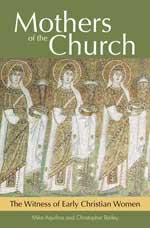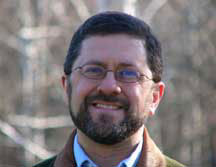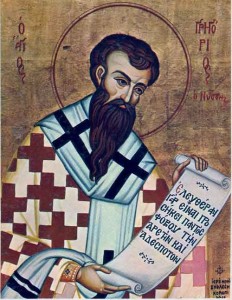Leave it to the wonderfully thoughtful Mike Aquilina to bring us the lives of just some of those glorious maternal nurturers we call “the  Mothers of the Church”. From the well known Sts. Perpetua and Felicity and St. Monica to lesser known “mothers” like Proba the Poet and St. Olympias, Mike, along with his co-author Christopher Bailey, share their inspiring stories. Mike Aquilina’s sincere love for these women and the witness they have provided us in our present age helps us to appreciate, once again, what God can do with ordinary people who are open to His extraordinary grace.
Mothers of the Church”. From the well known Sts. Perpetua and Felicity and St. Monica to lesser known “mothers” like Proba the Poet and St. Olympias, Mike, along with his co-author Christopher Bailey, share their inspiring stories. Mike Aquilina’s sincere love for these women and the witness they have provided us in our present age helps us to appreciate, once again, what God can do with ordinary people who are open to His extraordinary grace.
Podcast: Play in new window | Download (Duration: 26:41 — 48.9MB) | Embed
Subscribe: Apple Podcasts | Spotify | Amazon Music | Android | Pandora | iHeartRadio | JioSaavn | Podchaser | Gaana | Podcast Index | Email | TuneIn | Deezer | Anghami | RSS | More
 You can find Mike’s book here
You can find Mike’s book here
The Mothers of the Church include:
Holy Women of the New Testament
–St. Blandina
–St. Perpetua and St. Felicity
–St. Helena
–St. Thecla
–St. Agnes of Rome
–St. Macrina
–Proba the Widow
–St. Marcella
–St. Paula
–St. Eustochium
–St. Monica
–Egeria the Tourist

 Mike Aquilina shares with us his story, his role as one of the Cappadocian fathers, and so much more.
Mike Aquilina shares with us his story, his role as one of the Cappadocian fathers, and so much more.
